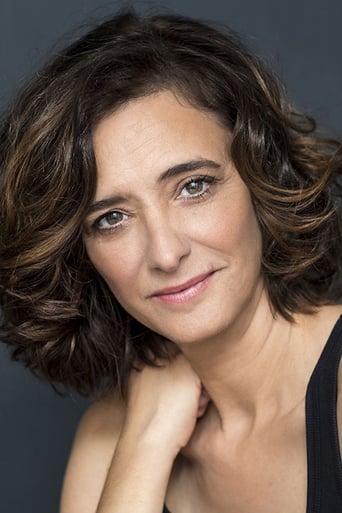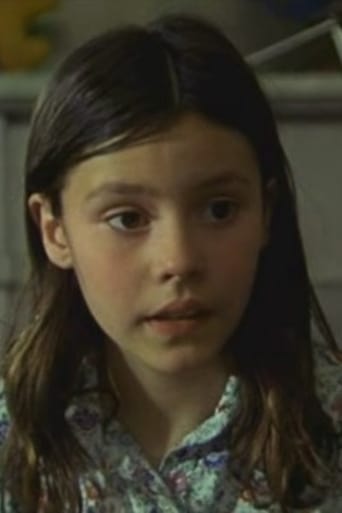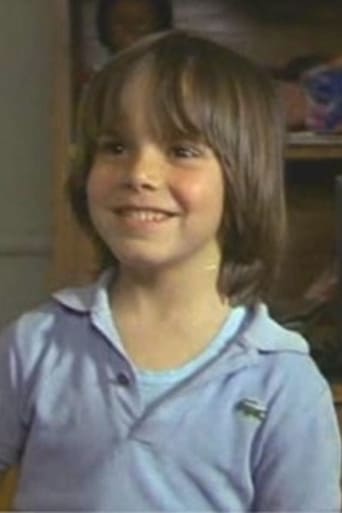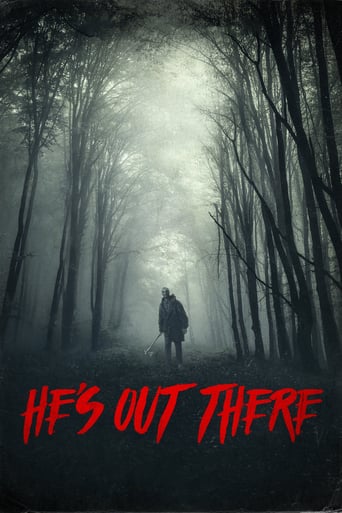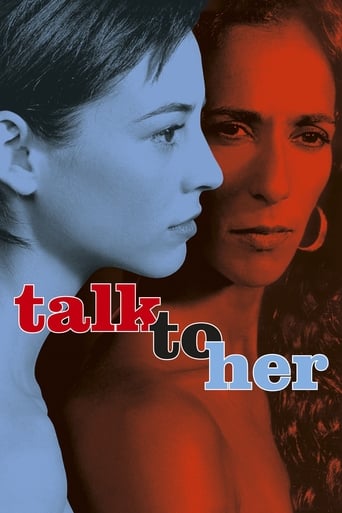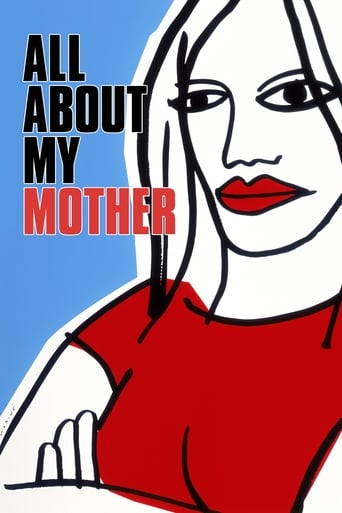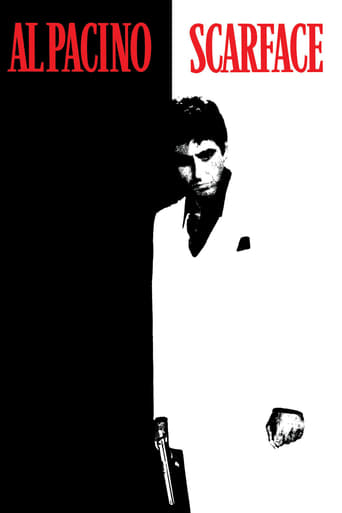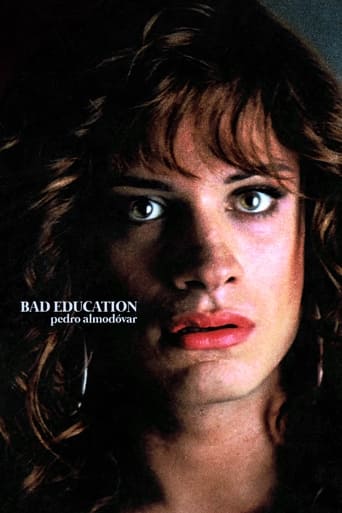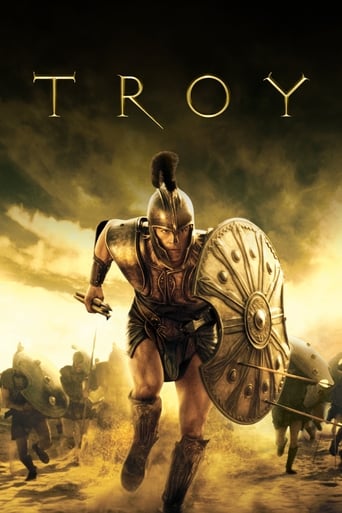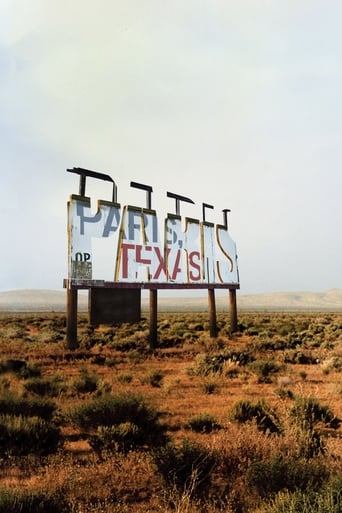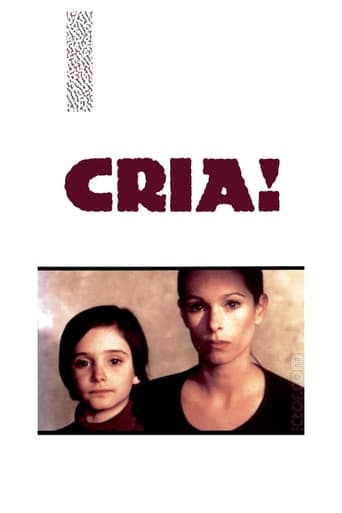
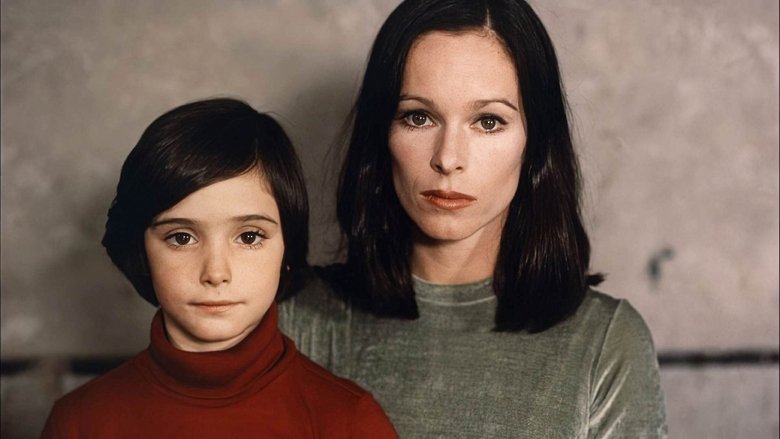
Cria! (1976)
Ana, an eight-year-old girl living in Madrid with her grandmother and two sisters, mourns the death of her mother.
Watch Trailer
Cast


Similar titles
Reviews
This Spanish film was listed as one of the 1001 Movies You Must See Before You Die, in the popular book, the title, including English translation, did not suggest anything particular to me, but I was prepared to give it a chance. Basically eight-year-old girl Ana (Ana Torrent) is growing up in a troubled household, her father Anselmo (Hector Alterio) is a Spanish military general battling through the Franco regime, and Ana witnesses the final agonising moments for her mother María (Geraldine Chaplin) before her death. Looking after Ana, her older sister Irene (Conchita Perez) and younger sister Juana (Maite Sanchez) is emotionally chilly Aunt Paulina (Monica Randall), the little warmth left in the household is provided by housekeeper Rosa (Florinda Chico). Ana's mother María may be dead, but the girl frequently sees and hears her mother's spirit, she becomes melancholic and fascinated by death, to the point where she becomes convinced that the emotional neglect and infidelity of her father Anselmo is responsible for María's death, in fact she died from cancer. This leads young Ana to take her own form revenge against her father, using a mysterious powder to poison him, this powder turns out to be baking powder, Ana as an adult (Geraldine Chaplin) explains that she believed the father created the sadness that lead to her mother's illness, she planned to poison the aunt also, she she and her sisters left the compound to enter the vibrant and noisy city. Also starring Germán Cobos as Nicolás Garontes and Josefina Díaz as Abuela - The Grandmother. The title Cria Cuervos is taken from a Spanish proverb "Raise ravens and they'll pluck out your eyes", when you think about this it suits the concept of the film well, I admit it was quiet most of the time, but at the same it is silently creepy and even menacing at times, even just seeing the leading little girl staring, a good mix of childhood innocence and terror, it is an interesting drama. It was nominated the Golden Globe for Best Foreign Film. Worth watching!
I agree with some other reviewers: I think this might just be my favorite film of all time. The contrast between literal reality and imagination is beautifully portrayed. I found the way Saura plays with distance (esp at the end) to be perfect. The recurrent view of chicken bones is a deft touch. The acting by Ana Torrent is the best acting work by a child that I have ever seen. Geraldine Chaplin is awesome (as is her Spanish) and the scenes between mother and child are painfully tender. As someone who works in the medical field, I also found the scenes of the woman with the "locked-in" stroke to be very true to life. The song (porque te vas) is perfect- catchy, pop, and sad all at the same time. I saw this with my mother in Paris in 1976 and we both walked out irretrievably altered by the film.
This gorgeous film can work as something of a companion piece to the sublime 1973 Spanish film Spirit of the Beehive, also starring wide-eyed girl-wonder Ana Torrent. It tells the tale of a a group of three young girls whose parents both die in separate incidents. They are put into the care of their Aunt, who doesn't want them to dwell upon their tragic experiences. The story is told through the perspective of Ana, an imaginative (and rather morbid) girl who tries to understand the complicated adult world and the authority figures that surround her. She believes that she murdered her father with poison, and that her mother visits her in the night. The film doesn't really have any other narrative--it's more of a glimpse into the life of a young girl's summer after experiencing tragedy. Due to this unconventional structure, it can be a bit slow and frustrating at times, but if you stick with it, you might find it to be a rewarding viewing. It's an exceptionally beautiful film, and like Spirit before it, it is never condescending to its lead character. The film is also a fascinating socio-political commentary on post-Franco Spain, and is rich with symbolism and metaphor, much of which I probably didn't catch upon first viewing. However, if you don't have a working knowledge of Spanish history, the film does a fine job as a family drama.
I took this film in a video library and watched it 3 times. It is one of the most powerful films I have ever seen. The techniques in the film are very modest but it's amazing what the director does with them. I liked very much this sad and quiet girl. The scene where her pet dies and she buries him is so solemn and heart-breaking. I felt sad about the old Grandmother who watches the old pictures in sadness. I also liked Geraldine Chaplin, she is very good in this role, her intimate bond with the daughter, and how she looks at Ana with sadness when the girl doesn't notice it. The scene where the girl imagines her mom combing her hair is mesmerizing. Maria's pain is very palpable.By the way I found some interesting information about this film. Geraldine Chaplin was dubbed in the episodes where she plays the grown Ana. It was done because the actress has a slight British accent which is not annoying or too prominent (for me at least), but the point is that she plays a grown girl, and it would be rather weird if a grown person acquires an accent in one's mother tongue if this accent did not exist during the childhood. So it was an intelligent consideration of the director.I recommend this movie very much.


